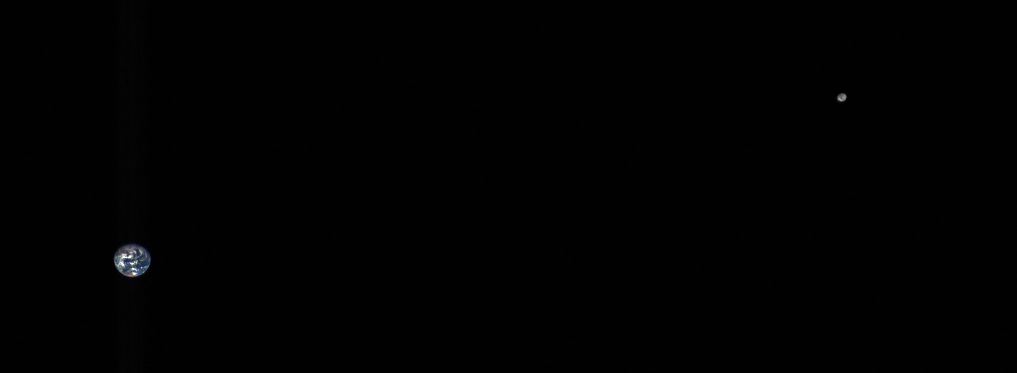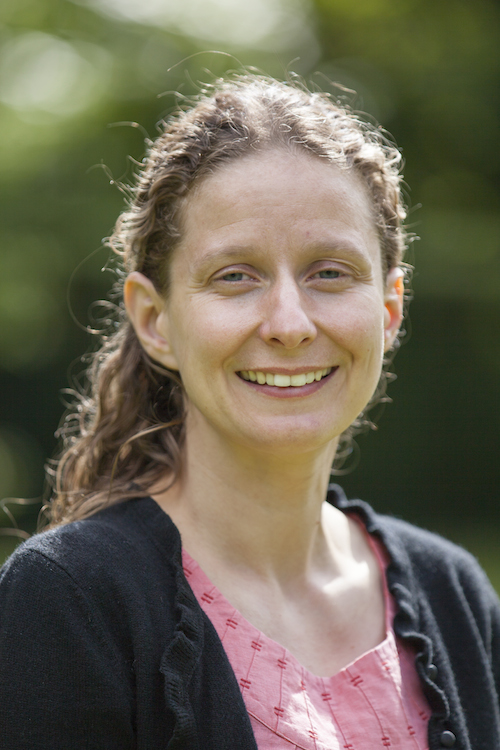
NASA/Goddard/University of Arizona. Source: https://www.asteroidmission.org/?attachment_id=3228#main
Were you woken up in the middle of the night on 20th July 1969 to watch the very first moon landing? If, like me, you weren’t even born then, you will have to capture the moment by listening to others’ stories. Some families simply went outside to stare at the moon and think about the incredible fact that there might be a person walking around on it at that very moment.
Those of us who grew up in an age when ‘astronaut’ was a career option (albeit a pretty specialist one) might struggle to identify with the wonder of that first moon landing. But this recent photograph captures the true scale of the challenge. Human beings developed the technology to send living people out of Earth’s atmosphere, cross the 252,000-mile gap to the moon, land on it, take off again, and arrive back in one piece. It’s the safe arrival home that gets me – like hitting the bullseye twice in a row.
For some space-travellers, seeing Earth from a distance is a life-changing experience; a shift in thinking dubbed ‘the overview effect’. The observer feels a sense of awe at seeing the whole planet as a single entity rather than a fragmented collection of countries, and getting a sense of the fragility of the whole system. It brings people out of themselves – something psychologists call a ‘self-transcendent experience’.
Some people claim to have a ‘nothing but science’ approach to life that trusts only in things for which we can produce very concrete, measurable, evidence. Is it perhaps ironic, then, that this overview of the whole globe – which is made possible by science – can trigger such a deep sense of meaning?
Science can bring us to the big questions of meaning and purpose, but it doesn’t answer them. It’s important to recognise that science, wonderful though it is, has limits. Beyond those boundaries we step into other ways of knowing, such as philosophy or theology. At the interface between science and theology we can have some fascinating conversations.
The discussions about science and religion that I enjoy most happen when people share what really matters to them. What do you find beautiful? Which scientific discoveries changed the course of your life? How do you see yourself in relation to the cosmos? As we celebrate the first moon landing this weekend, we have an opportunity to have conversations that reflect the same sense of wonder experienced by those first moon walkers.
This post is reproduced, with permission, from LICC Connecting with Culture

© Faraday Institute
Ruth Bancewicz is Church Engagement Director at The Faraday Institute for Science and Religion. She studied Genetics at Aberdeen and Edinburgh Universities, and spent two years as a part-time postdoctoral researcher at the Wellcome Trust Centre for Cell Biology in Edinburgh, while also working as the Development Officer for Christians in Science. Ruth is a trustee of Christians in Science, and a Fellow of their US counterpart – the American Scientific Affiliation.




